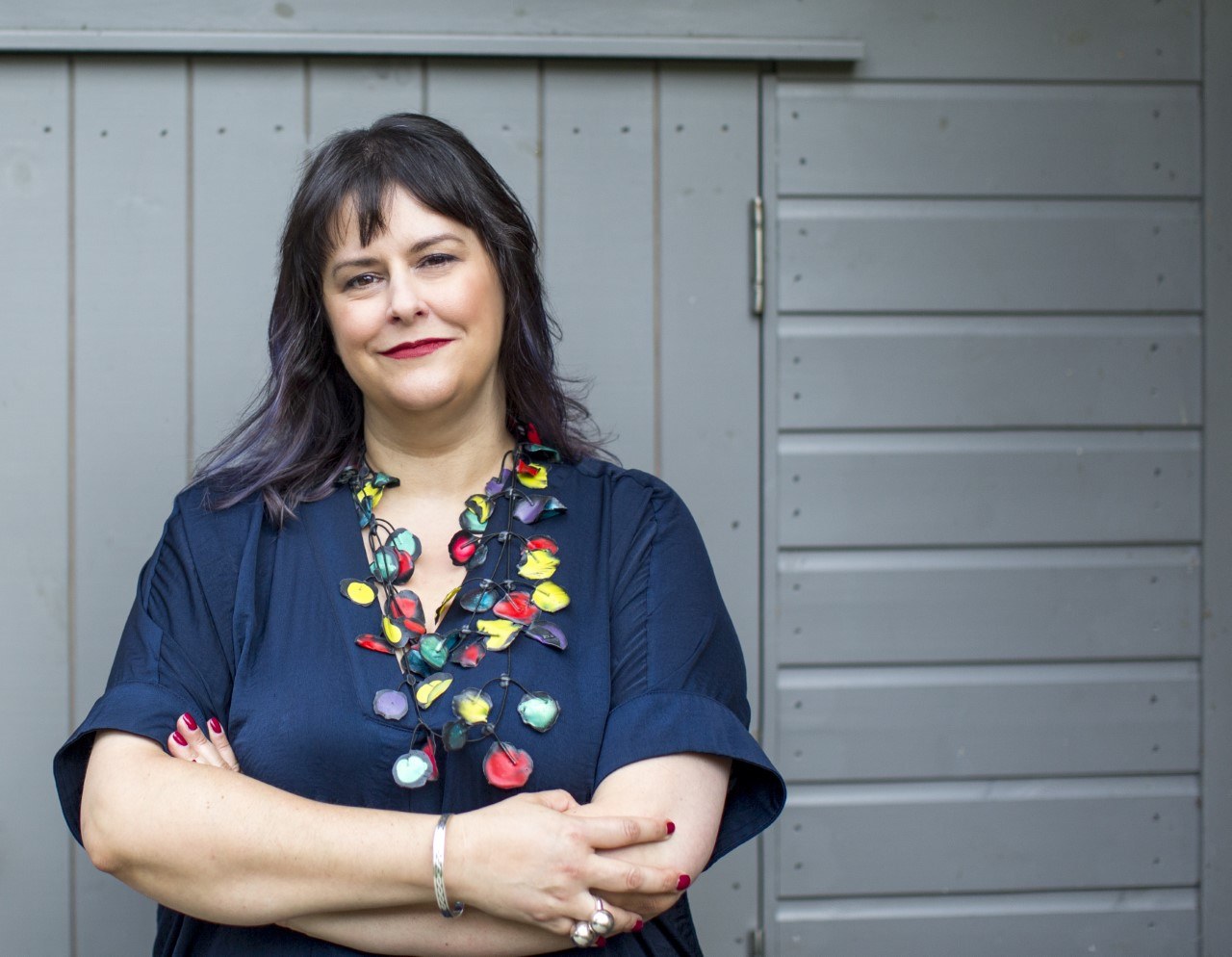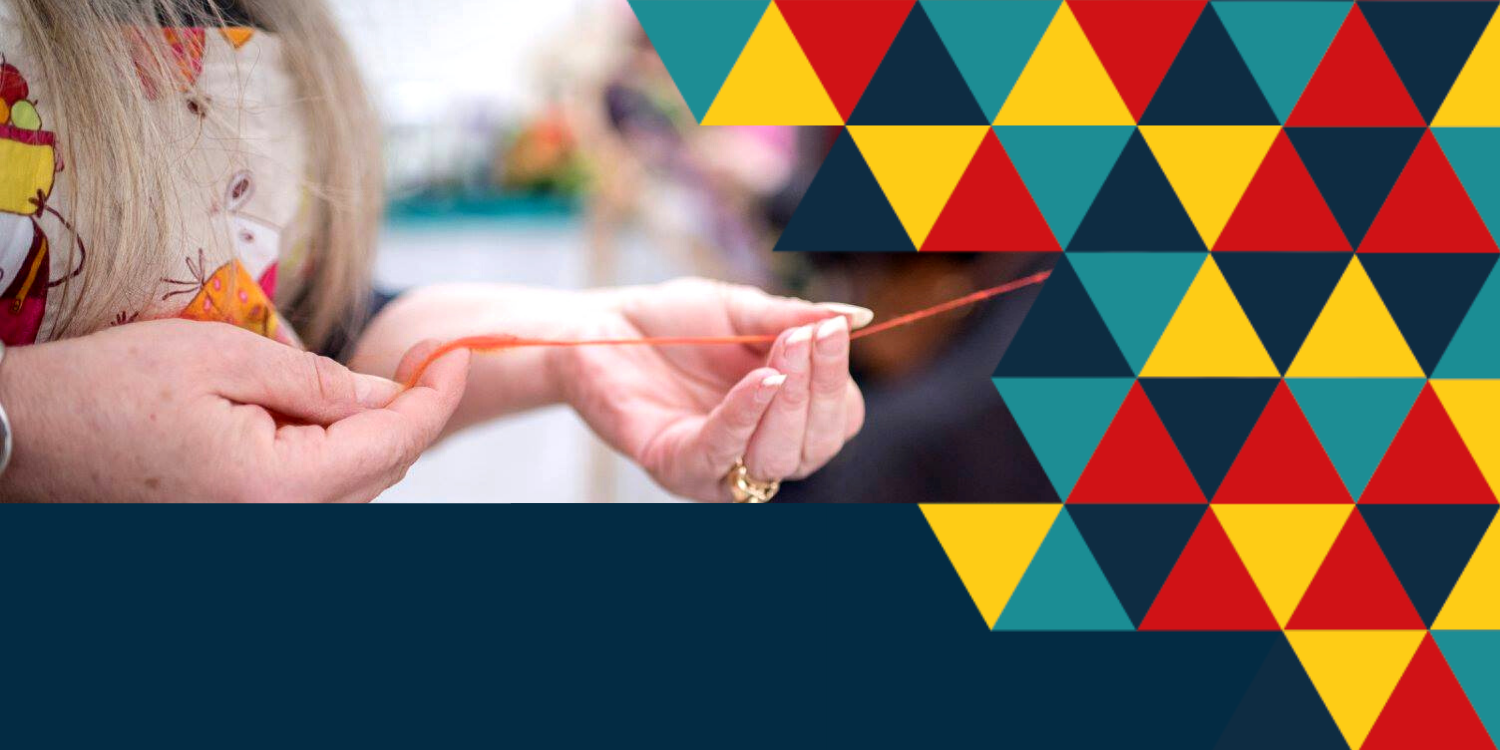What are the biggest governance challenges and opportunities as the sector responds to COVID-19 and the #BlackLivesMatter Movement?
The combination of Covid-19 challenging the established order within the arts, and the Black Lives Matter movement exposing the lack of consideration of specific parts of society, has created a moment of awakening for arts organisations, causing many to re-examine what they do, how they do it, and who they do it for. This creates a huge challenge but also a huge opportunity for arts organisations to improve representation across the membership of their governance structures, be it a membership that better reflects wider society and the people who organisations are there to serve, and/or a membership that includes the voices of people who think differently. By doing so, arts organisations will be better equipped to find new solutions to today’s challenges.
What’s the greatest opportunity that sector-wide good governance might bring?
Resilience.
How has cultural governance changed in the last 10 years?
Having sat on Boards for the last eight years, it is clear that the whole idea of better representation is much more ‘front and centre’. Eight years ago I was, by far, the youngest person in the boardroom, I was the only person of colour in the room, the number of men in the room heavily outweighed the number of women, and no one in the room had a visible disability. Fast-forward eight years and, as an example, the Board of Welsh National Opera is the most diverse Board I’ve sat on in terms of ethnicity, gender and disability. Though I am still the youngest person in the room.
How do you see the governance of culture evolving over the next 10 years, particularly with the civic role of the arts and the climate crisis in mind?
Over the next 10 years, traditional governance structures will, I hope, evolve to ensure that different people are contributing to the conversation.
What three words best describe the qualities that are needed in trustees?
Challenge, Empathy, Advocacy.
Tell us about your first governance role. How did you learn the ropes?
My first governance role was as a Trustee at Sinfonia Cymru – the UK's leading under-30s orchestra, while I was studying at the Royal Welsh College of Music & Drama and running my own commissioning and producing company. At the age of 22, I was young – about a third of the age of some of my Fellow Board members, fearless, and had very specific ideas about what it meant to be an orchestra existing in the 21st century.
Any kind of difference, in this case age, is often seen as a risk, but taking this ‘risk’ meant that Sinfonia Cymru benefitted from a completely different insight. I remember very early on (perhaps my second meeting) presenting a paper on how the orchestra could improve and develop its artistic programme, marketing, and communications for the 21st century, pulling together the viewpoints of the young musicians in the orchestra. Being young meant I was much more ready to speak my mind without any preconceptions about what a Board Director can and cannot say.
It was very forward-thinking of Sinfonia Cymru to have someone so young on their Board and the management and Board were very generous is allowing me to learn the responsibilities of being a Trustee as I went along. When I later joined the Board of Welsh National Opera, I was able to do so feeling confident that I really understood the responsibilities that came with being a Trustee, whilst always trying to retain that mind-set of challenging and questioning that I cultivated during my first Trusteeship at Sinfonia Cymru.
What governance challenges are you facing at the moment and what are you doing to overcome them?
It is a very personal challenge, but the biggest governance challenge I am currently facing is capacity. Reflecting on this reminded me of a conversation in which I explained to a colleague the pressures of serving on a Board. The colleague, as someone without prior Board experience, interpreted serving on a Board as a glamorous position. But ultimately, we are all volunteers – we give our time for free, and that comes with challenges, particularly at this time as navigating through the pandemic demands even more time from Board Directors. At this point in my career, as I imminently make the move to a new senior management position, I will inevitably have less time to commit to Board & Advisory roles. This is no doubt a common challenge for Board Directors.
What advice would you give prospective trustees/(or chairs) in the cultural sector?
Be ready to challenge. Encourage everyone around the table to always ask: ‘Is there a different way we can solve this problem?’
We hope you’ll join Toks and a host of other fantastic speakers at Governance Now 2020 — the flagship conference for culture sector trustees and professionals.
Governance Now takes place online from 5 November to 26 November 2020. Book tickets here.



